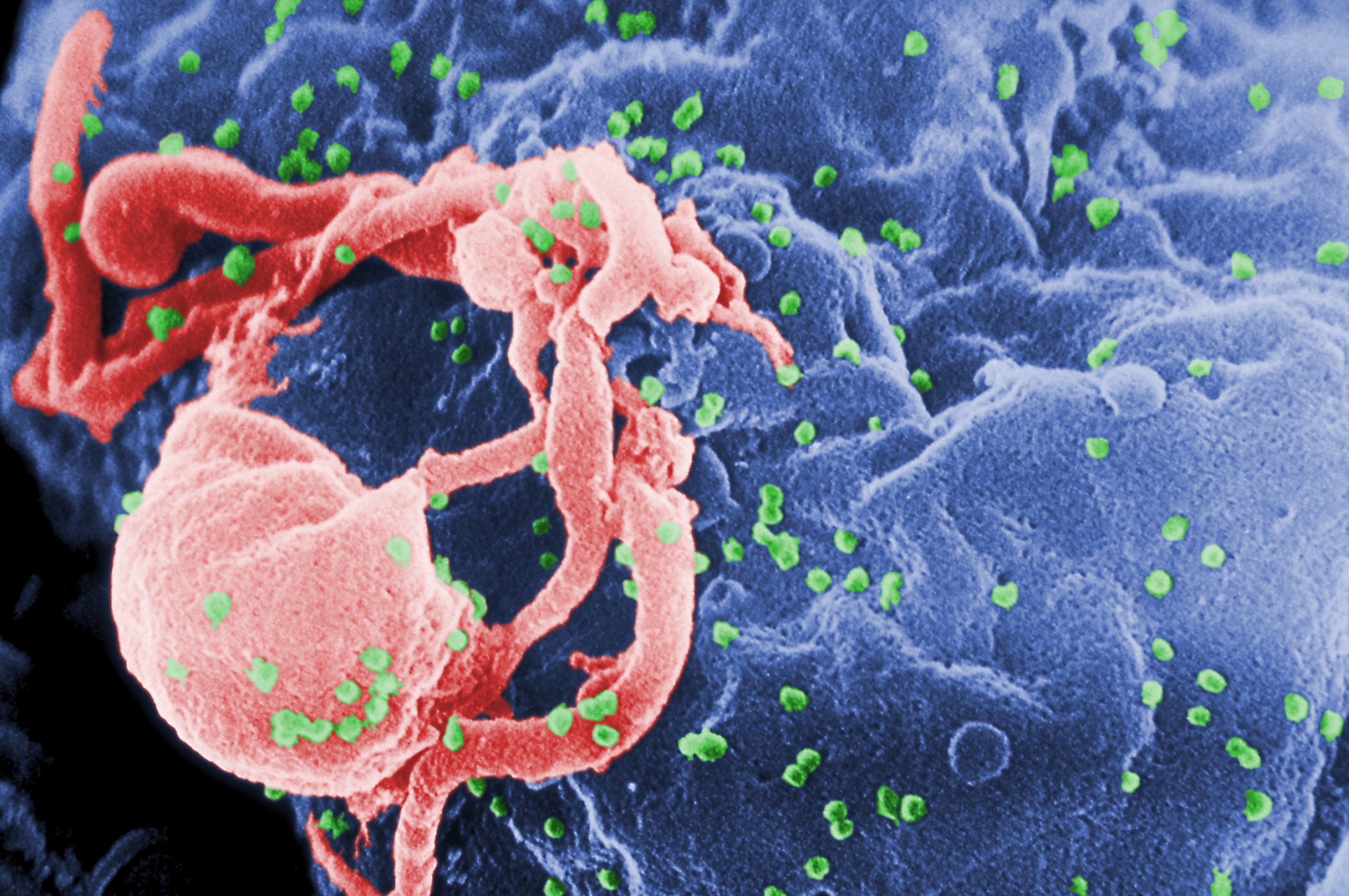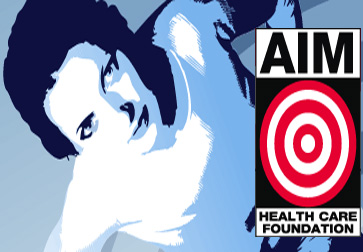 LOS ANGELES – A long-simmering battle between the adult entertainment industry and officials from the Los Angeles County Department of Health and Cal OSHA over control of health and safety practices in adult productions threatens to escalate into open warfare after the revelation that a female adult performer tested positive for HIV late last week.
LOS ANGELES – A long-simmering battle between the adult entertainment industry and officials from the Los Angeles County Department of Health and Cal OSHA over control of health and safety practices in adult productions threatens to escalate into open warfare after the revelation that a female adult performer tested positive for HIV late last week.
At stake is the ability of the billion-dollar industry to self-regulate sex practices on the set, including whether performers and producers can decide for themselves whether or not to use condoms, dental dams and other protection.
Some county and state health officials, as well as AIDS prevention advocates, want the industry to be regulated similarly to other hazardous workplaces, with mandatory policies in place that require all performers to wear condoms and other devices that prevent the exchange of bodily fluids on set during sexual activity.
The first public notice that an infection occurred was made Wednesday morning in an obscure thread on an adult message board by a poster using the moniker “ninavain.” By later in the day, the story had been picked up by adult media outlets, and on Thursday the Los Angeles Times posted several updates throughout the day on the developing story.
The reaction by state and country health officials was equally swift, escalating throughout Thursday as officials complained to the Times that AIM has not been cooperating with their investigation into the matter.
“I don’t think we have the degree of cooperation that we would like in cases like this,” Dr. Jonathan Fielding, Los Angeles County health officer, told the Times in an updated mid-afternoon post Thursday. “We’d like a little more proactive cooperation.”
In the same article, however, Fielding says that AIM officials told officials seeking details about the case that they are not required to notify the county until seven days after receiving a confirmatory test, which has not been completed.
Fielding, a longtime critic of industry autonomy, expressed to the Times his concern that “little has changed in the five years since an HIV outbreak among porn performers shut down production in the multibillion dollar industry for a month.” The reference is to a 2004 case that actually shuttered most adult filming for two months.
Delayed Reaction
Were it not for the “ninavain” post on GoFuckYourself.com (GFY), an adult message board owned by Playboy, news of the infected performer might never have been revealed. According to founder Sharon Mitchell, AIM recently instituted a new policy regarding the announcement of outbreaks.
“We recently changed our policies because if there isn’t a widespread danger — if someone isn’t completely virulent and hasn’t worked and there aren’t a lot of people at risk — we don’t put a quote out there; just blankets: Everyone should come in and test,” Mitchell told AVN. “Because we had a lawsuit behind that, and it was just a problem with the health department and OSHA has never been off the industry’s back since then, what we do is just handle everything privately unless there’s a widespread problem.”
AIM’s hand was forced, however, once the media, prodded by the publicity generated by the GFY thread, began asking questions.
Indeed, the first official statement posted to the AIM website was early Thursday, when the clinic acknowledged that an individual had been infected but declined to state the person’s gender or any other specific information, characterizing the situation as “not a major event.” By the afternoon of the same day, AIM had updated the site with more information, including a timeline of events.
Conflicting Timelines?
According to AIM, the infected female performer, known as Patient Zero, tested negative for HIV April 29, and was next tested by AIM June 4. Results came back positive June 6, at which time AIM says they contacted and tested all of her known industry first generation partners since June 4, two male performers, as well as one of the male performer’s girlfriend.
The performers tested negative June 8 and 9, respectively, and are scheduled for restesting within two weeks. The girlfriend tested negative May 19 and will be retested June 19.
“We have also contacted and offered peace of mind testing and counseling by (HIV/PCR, Elisa, and general STDs, to any partner of all the above parties. These are referred as 2nd generation exposures only, and they have been asked to refrain from working until more parties are confirmed negative, or otherwise,” stated AIM, on its website.
According to the Times, however, “Dr. Colin Hamblin, AIM’s medical director, provided a different timeline of events later today [Thursday]. Hamblin said the porn actress first tested HIV positive on June 4 and worked the following day — June 5 — for reasons he said they are still investigating. A second positive result came back on June 6. And the clinic is awaiting results of a third and final confirmatory test, he said.”
Piling On
Thursday evening, the Times posted to its site yet another update with the headline, At least 16 Previously Unpublicized HIV Cases in Porn Film Performers, Public Health Officials Say.
“Los Angeles County officials released public health data this afternoon indicating that 16 previously unpublicized cases of HIV had been confirmed in adult film industry performers since 2004 when an outbreak shut down porn production for a month,” the article says. “The newly released data brings the number of known HIV cases in adult film performers to 22 since 2004, including a porn actress who tested positive late last week.”
Also Thursday, the AIDS Healthcare Foundation (AHF) issued a press release calling for “California legislation that would require the use of condoms by actors performing in porn videos produced by California’s multi-billion dollar adult entertainment industry—a mainstay of the San Fernando Valley economy.”
While those interested in regulating the industry attempt to use the latest case as a rallying cry for legislation, industry advocates say the entire episode has been blown out of proportion, and claim that the industry is as safe, if not safer, than the general public.
“The policies work. They are the best that the industry can have,” AVN’s Mark Kernes, a 25-year veteran observer of the industry, told the Contra Costa Times. “The industry has created this protocol test once a month and so far, there hasn’t been another case where someone has acquired HIV [since 2004]. It’s a very rare occurrence.”










No Comment